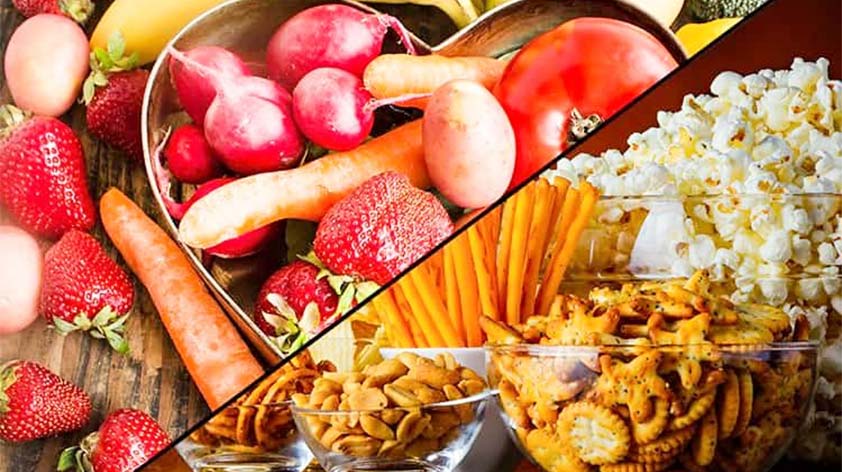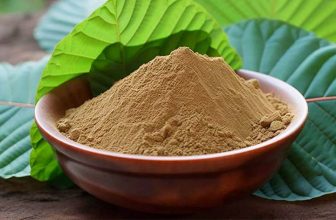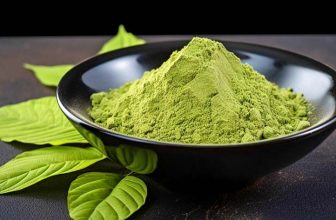
Following a vegan diet boasts tremendous health benefits, but if done badly, it can also lead to deficiencies, low energy levels and an unbalanced macronutrient ratio. If you’re choosing not to cook your food from scratch, and not using whole foods, you might be putting your health at risk through consuming highly processed foods with high saturated fat and salt contents. Want to know more? Read on to discover the do’s and don’ts of vegan cooking in Vegan Food: Vegan Food: Homemade vs Processed — Which is Better?
Salt
Unfortunately, just because certain products are designated as vegan food, it doesn’t automatically qualify as being healthy. In fact, vegan and vegetarian-ready meals found on supermarket shelves can be disguised to look healthy, but are actually packed full of unfamiliar ingredients and preservatives to prolong the shelf life and enhance the flavour. One of these preservatives and flavour enhancers is salt. High intakes of salt over a prolonged period of time can lead to high blood pressure and increase the risk of strokes and heart attacks. Meat-free burgers contain on average 0.89g of salt per serving, compared to 0.75g per serving for meat burgers. Try getting hands on instead and making your own burgers using mushrooms, quinoa, sweet potato or mashed mixed beans.
Fat
This health halo effect extends to fat, with a common perception that vegan foods must be low in fat, owing to a lack of meat and higher fibre content. However, whilst this can still be true in most cases, processed vegan foods often have much higher fat and saturated fat content, especially where nuts and seeds are used in high quantities. But of course, processed meat foods are equally likely to be high in fat and saturated fat, it’s just a case of eating everything in moderation.
Lengthy Ingredients Lists
If it isn’t made of meat, then what exactly is it? Often meat alternatives use soy, jackfruit or beans and pulses. But what about the other items on the extensive ingredient list? The maltodextrin, yeast extract, natural flavours, pea protein isolate… Can all that be good for you? It’s always best to be familiar with what you’re eating to avoid any hidden nasties. Look for recipes to make your favourite ready meals and start from scratch instead!









